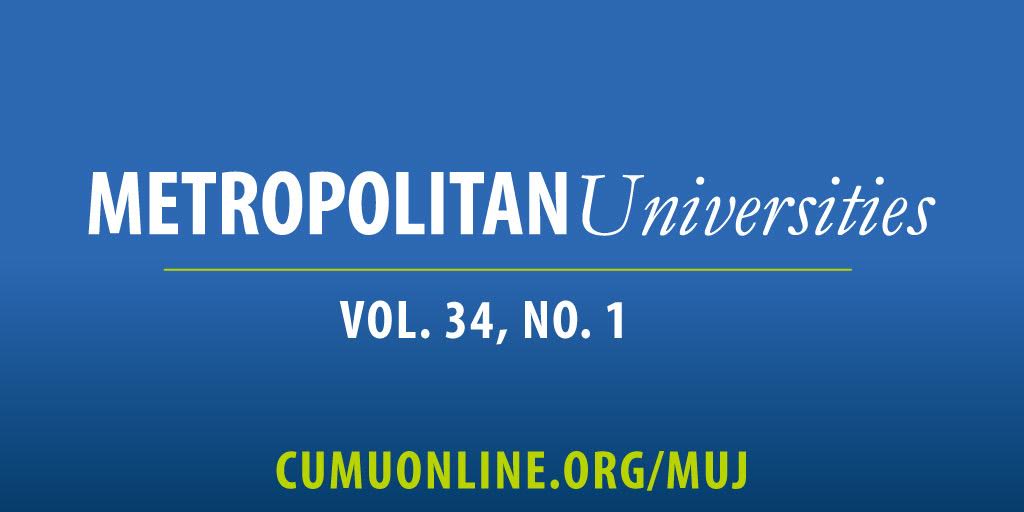COVID-19 Reflections of Hyperlocal, Placed-Based Engagement
DOI:
https://doi.org/10.18060/25833Keywords:
hyperlocal, covid-19, community engagementAbstract
The degree to which Universities could nimbly and effectively respond to the impacts of the COVID-19 crisis on their local communities depended upon the structure and orientation of their community engagement infrastructure. Institutions that support a hyperlocal form of place-based engagement were uniquely positioned to harness their extensive place-based organizational networks, intimate knowledge of community assets, and existing paths to leverage institutional resources to work alongside neighbors, residents, organizational leaders, elected officials, elders, youth and families committed to everyone’s thriving through the COVID-19 crises.
Hyperlocal, place-based engagement describes an engagement approach within higher education in which a university’s community engagement efforts are focused on a bounded area, such as a neighborhood, within a larger city or metropolitan region, and are aligned with that community’s development goals (Dostilio, Ohmer, McFadden, Mathew, & Finkelstein, 2019). These efforts typically advance two goals: to a) position the institution to partner with, and add value to, community building efforts undertaken by the neighborhood being engaged and b) to enhance and accelerate the institution’s ability to forge mutually-beneficial alliances and mobilize knowledge production. Because these efforts are long-term, they create unique conditions for engagement that proved to accelerate community-campus engagements to address COVID-19 impacts.
The Community Engagement Professionals (Dostilio, 2017) who lead hyperlocal engagement activities were particularly crucial to their institution’s COVID-19 community responses. At the time of the pandemic, a group of such professionals had been meeting as a learning community to exchange promising practices of hyperlocal engagement. This article is written from the perspective of these professionals, endeavoring to reflect on how their work to steward hyperlocal approaches was challenged and affirmed through the COVID-19 pandemic.
References
Dostilio, L. (2017). The Community Engagement Professional in Higher Education: A Competency Model for an Emerging Field. Boston: Campus Compact.
Dostilio, L., Ohmer, M., McFadden, K., Mathew, S., & Finkelstein, C. (2019). Building Community Capacity via Place-Based Hyperlocal Engagement. The coalition of Urban and Metropolitan Universities.
Yamamura, E., & Koth, K. (2018). Place-Base Community Engagement in Higher Education. Sterling: Stylus Publishing, LLC.
Downloads
Published
Issue
Section
License
Copyright (c) 2023 Daren Ellerbee, John Kirby, Paul Kuttner, Lorna Schwartzentruber, Ashley Valis, Lina Dostilio

This work is licensed under a Creative Commons Attribution 4.0 International License.



